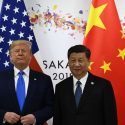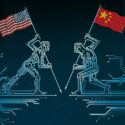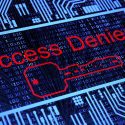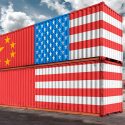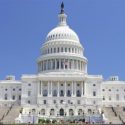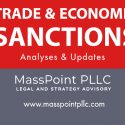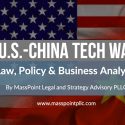Huawei and the U.S.-China Tech War
After talks with China’s president at the G20 summit in Japan, President Trump announced on June 29 that “he would allow” U.S. companies to continue to sell “product” to Huawei. The statement, construed by some as a “concession” or “reversal” of U.S. policy toward Huawei, has generated confusion and disagreement from China “hawks” in Congress and elsewhere. This rundown of Huawei legal and policy issues discusses the presidential statement, its lack of legal effect to date, its context, and why technology industry stakeholders need to understand the complete U.S.-China technology picture to navigate developments and mitigate risk.

